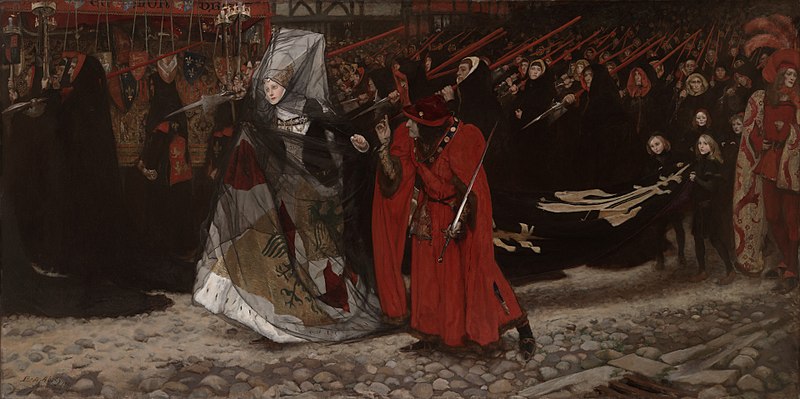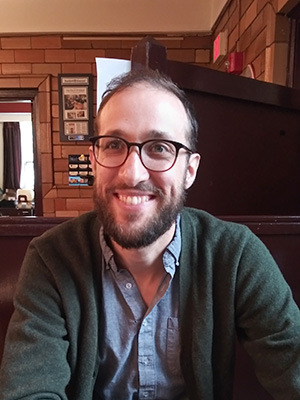HUMS 127, Tragedy in the European Literary Tradition

Course Description:
From its ancient Greek origins through the Renaissance to modernism, tragic drama uses verbal artistry, stagecraft, and emotional confrontation to explore questions of justice, free will, and the social contract (from gender roles to the nature of the state). Plays by Aeschylus, Sophocles, Euripides; Shakespeare, Lope de Vega, Racine; Büchner; Ibsen, Strindberg, Chekhov; Wedekind, Synge, Lorca, Brecht; Tarell Alvin McCraney, Lynn Nottage; theoretical texts by Aristotle and Brecht. Focus on verbal artistry and textual analysis; on dramaturgy, staging and the nature of spectatorial experience (from Aristotle’s “cathartic” emotional purgation to political consciousness-raising), as on developing the craft of persuasive argument through writing. One strand of the class will explore what happens when women become tragic subjects; another, attempts to develop a tragedy of the collective.
Led by:
|
|
Professor Greg Ellerman is a lecturer in English. Current research interests include romanticism, the history of philosophy, poetry and poetics, and environmental literature and criticism. My first book, Thought’s Wilderness: Romanticism and the Apprehension of Nature, will be published by Stanford University Press in 2022. |
